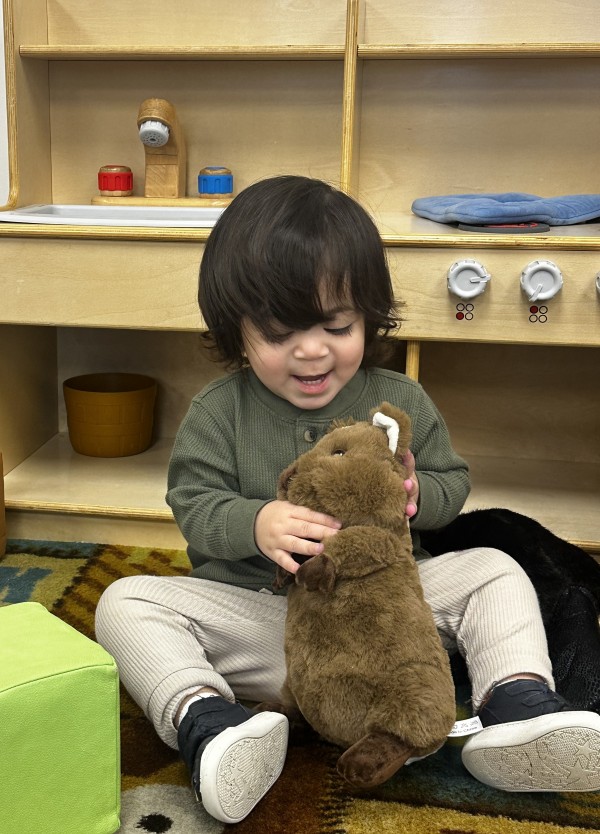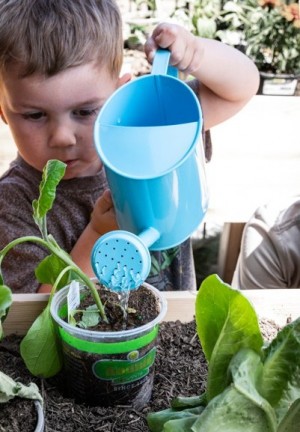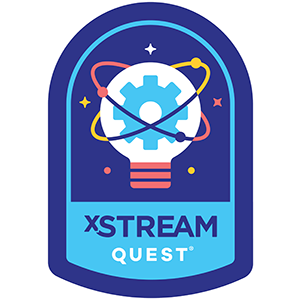
Teaching Children the Value of Helpfulness
At Children’s Lighthouse Early Learning Schools, we believe that character development is just as important as academic learning. When children learn and practice positive character values early, they carry those lessons with them into friendships, classrooms, and eventually their communities. This month, we are focusing on the character value of helpfulness with the help of our Character Value Friend™ for October, Bala the Beaver.
Helpfulness is the willingness to lend a hand, share responsibility, and look for ways to make life easier for others. It may be as simple as holding the door, tidying up a toy shelf, or offering kind words when a friend feels sad. When children learn the importance of being helpful, they begin to see that their actions matter—that even small contributions can bring joy, relief, and connection.
Why Fostering Helpfulness Matters
Helpfulness builds more than just good manners. It nurtures empathy, teamwork, and responsibility. When children help at home, they learn to recognize that family life works best when everyone contributes. When they help in the classroom, they experience the pride of belonging to a group that values cooperation. Most importantly, being helpful encourages children to notice the needs of others instead of focusing only on themselves.
Children who practice helpfulness grow into adults who contribute positively to their communities. They are the neighbors who lend a tool, the friends who show up in times of need, and the coworkers who step in to support the team. By encouraging helpfulness in children now, we are planting seeds for a lifetime of generosity and service.

Ways to Encourage Helpfulness at Home
Parents can foster helpfulness by creating an environment where children feel valued for their contributions. Here are some simple, everyday practices:
- Give Age-Appropriate Jobs – Even preschoolers can help set the table, water plants, or put toys away. Assigning tasks makes children feel capable and trusted.
- Model Helpful Behavior – Children learn by example. When you stop and help neighbors or take time to carry groceries for someone, talk with your child about why you did it. They will begin to see helpfulness as part of daily life.
- Notice and Praise – When children offer help, acknowledge it. A simple “Thank you, that was very helpful” builds confidence and encourages them to repeat the behavior.
- Turn Helping into Play – Young children love games. Try a “clean-up race” or sing a song while working together to make chores fun.
- Helping to Expected Family Behaviors – Explain that being helpful shows that our family cares about others when others might not care. This builds an emotional link between their family’s actions and the feelings of those around them.

Helpfulness in the Classroom
In our Children’s Lighthouse classrooms, helpfulness is woven into daily routines. Children may take turns being “line leader,” “caboose,” or “classroom helper.” They help teachers distribute supplies, tidy up centers, and comfort friends who are feeling down. These small but meaningful opportunities give children the chance to practice helpfulness in real ways, every single day. Learning activities and Lesson[KM3] s that support the development of the character value of helpfulness are embedded into all three of our curriculums: Lighthouse BRIGHT® for infants & toddlers; Lighthouse CARES® for preschool-age children; xSTREAM Quest® for school-age children.
The Character Value of Helpfulness Fosters a Bright Future
When we encourage helpfulness, we are teaching children that their presence makes a difference. Every act of service, no matter how small, builds their character and shapes the kind of people they will become. Together, schools and families can nurture children who not only dream big but also serve well, bright lights who use their helping hands to make the world a kinder place. At Children’s Lighthouse Early Learning Schools, we believe in “Young Minds, Bright Futures.”



